Over 200 killed as eight blasts rock Sri Lanka during Easter celebrations
Government imposes curfew, shuts down access to social media, messaging services
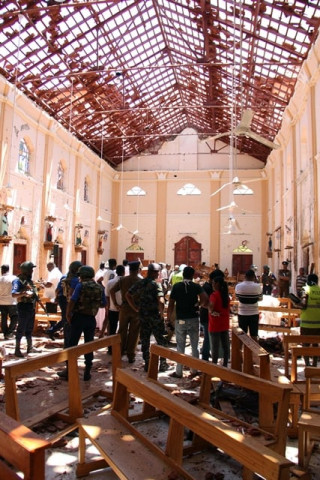
Sri Lankan security personnel walk past debris following an explosion in St Sebastian's Church in Negombo, north of the capital Colombo. A series of eight devastating bomb blasts ripped through high-end hotels and churches holding Easter services in Sri Lanka PHOTO: AFP
Seven people were arrested and three police officers were killed during a raid on a house in Colombo, police and local media said.
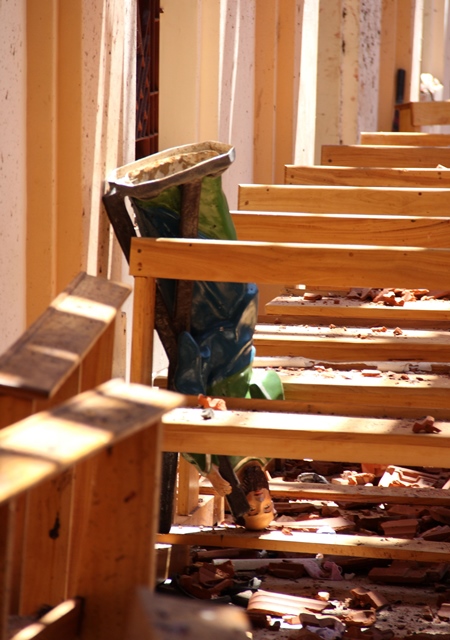
"Altogether we have information of 207 dead from all hospitals. According to the information as of now we have 450 injured people admitted to hospitals," Police Spokesman Ruwan Gunasekera told reporters in Colombo.
Further details of the raid on the house in the Sri Lankan capital were not immediately available.
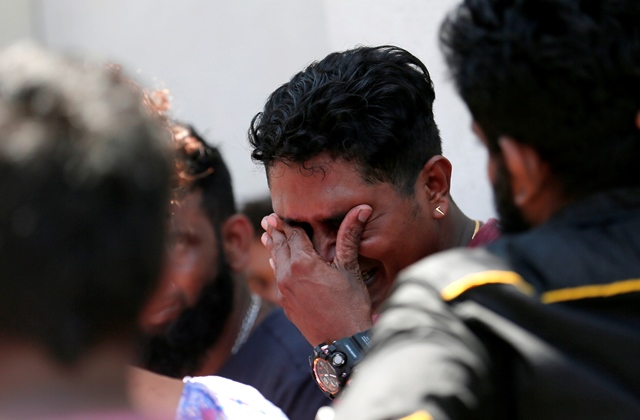
In just one church, St. Sebastian's in Katuwapitiya, north of Colombo, more than 50 people had been killed, a police official told Reuters, with pictures showing bodies on the ground, blood on the pews and a destroyed roof.
Media reported 25 people were also killed in an attack on a church in Batticaloa in Eastern Province.
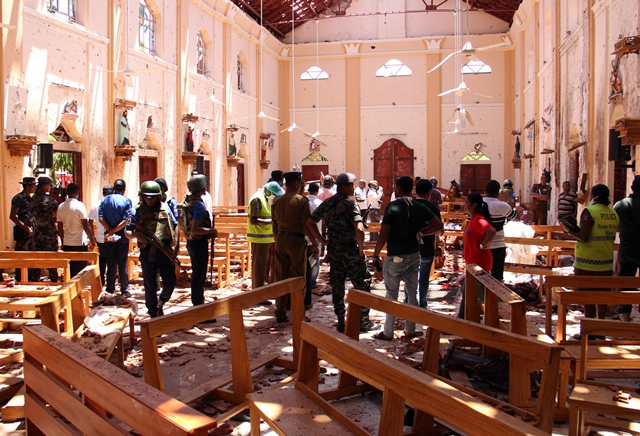
The three hotels hit were the Shangri-La Colombo, Kingsbury Hotel and Cinnamon Grand Colombo. It was unclear whether there were any casualties in the hotels.
A seventh blast hit a hotel in Sri Lanka's capital Colombo, killing at least two people, a police spokesman said.
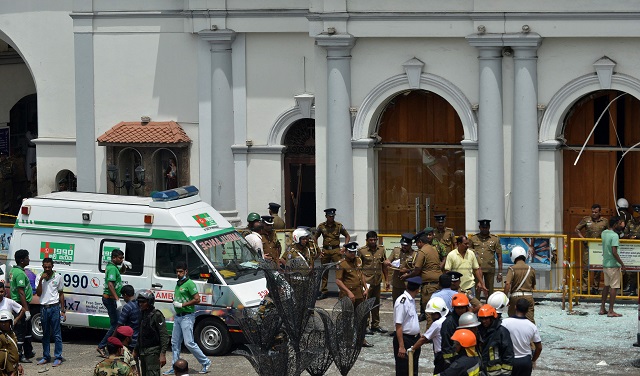
Police spokesman Ruwan Gunasekera said the blast hit a hotel in the southern Colombo suburb of Dehiwala.
Nine foreigners were among the dead, the officials said. There were no immediate claims of responsibility for the attacks in a country which was at war for decades with Tamil separatists until 2009 during which bomb blasts in the capital were common.
An eight blast hit the suburb of Orugodawatta in the north of the capital, but there were no initial details on what was targeted.
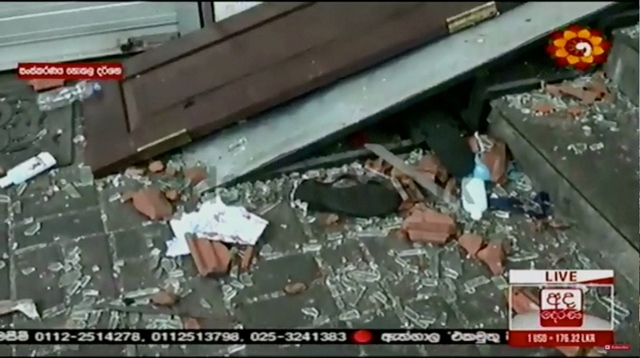
13 killed in church collapse in South Africa
Prime Minister Ranil Wickremesinghe called a national security council meeting at his home.
"I strongly condemn the cowardly attacks on our people today. I call upon all Sri Lankans during this tragic time to remain united and strong," he said in a Tweet. "Please avoid propagating unverified reports and speculation. The government is taking immediate steps to contain this situation."
I strongly condemn the cowardly attacks on our people today. I call upon all Sri Lankans during this tragic time to remain united and strong. Please avoid propagating unverified reports and speculation. The government is taking immediate steps to contain this situation.
— Ranil Wickremesinghe (@RW_SRILANKA) April 21, 2019
President Maithripala Sirisena said he had ordered the police special task force and military to investigate who was behind the attacks and their agenda. The military had been deployed, according to a military spokesman, and security stepped up at Colombo's international airport.
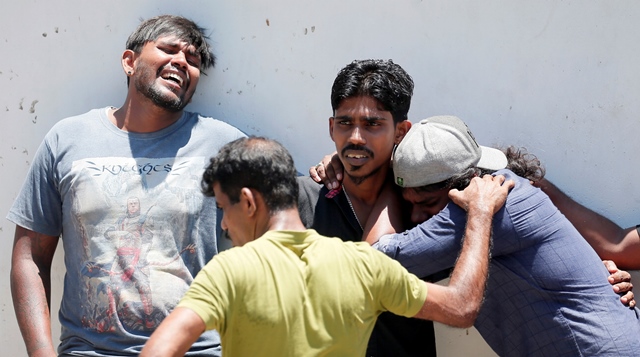
Sri Lanka's government said it would impose a ‘temporary’ social media ban.
"The government has decided to block all social media platforms in order to prevent incorrect and wrong information being spread. This is only a temporary measure" Udaya R Seneviratne, secretary to the president said in a statement.
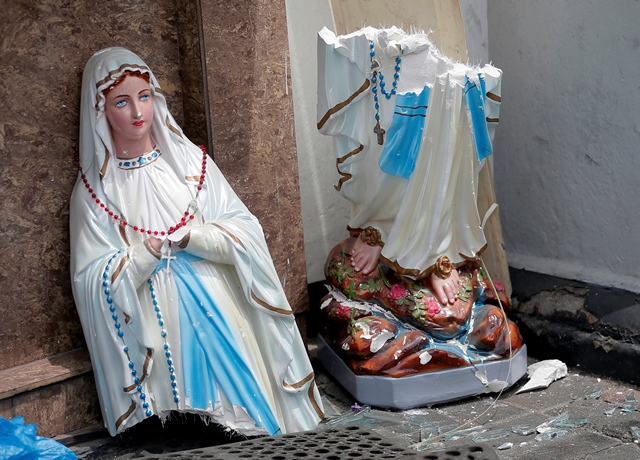
Sri Lanka's defence ministry has also ordered a night-time curfew. The curfew will begin on Sunday night at 6:00pm local time and run until 6:00am local time, the ministry said.
Suicide bombers
Suicide bombers were involved in at least two of the deadly blasts.
The eighth blast, in a house in a northern suburb of the capital Colombo, was caused by a suicide bomber who detonated his explosives when police entered the residence to search it, a police source told AFP.
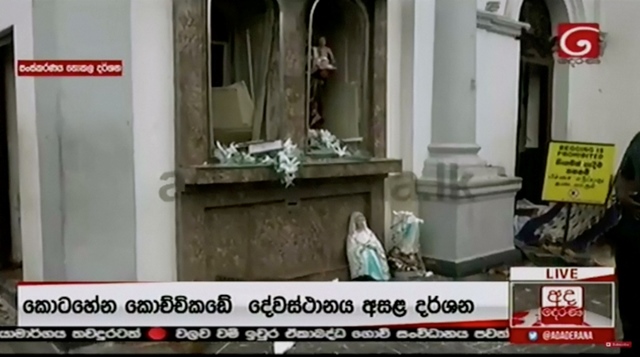
The explosion brought down the upper level of the house and killed three police officers, the source said, speaking on condition of anonymity.
And a hotel official at the Cinnamon Grand hotel, one of three in the capital that were hit by explosions, said a suicide bomber blew himself up at people at the facility's restaurant.
"He came up to the top of the queue and set off the blast," he told AFP.
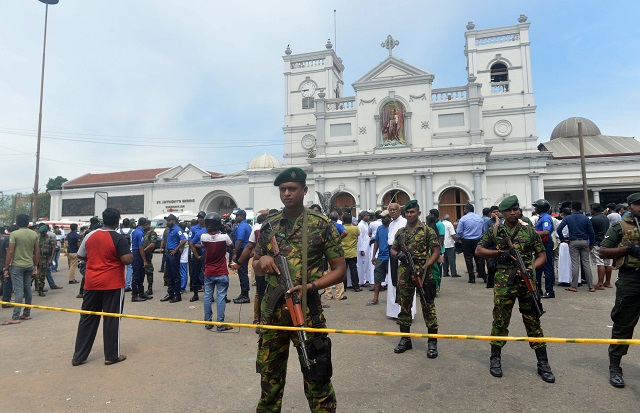
Foreigners killed
Nine foreigners were among the dead, the officials said.
Chinese state newspaper People's Daily confirmed that at least one Chinese national was killed in the attacks. State news agency Xinhua said four Chinese nationals were injured, but were in a stable condition in hospital.
Dutch foreign minister Stef Blok said one Dutch person was among those killed in the bomb attacks.
Blok said he was horrified by the Easter attacks. "Our thoughts are with the victims, including one Dutch national at this moment," he said.
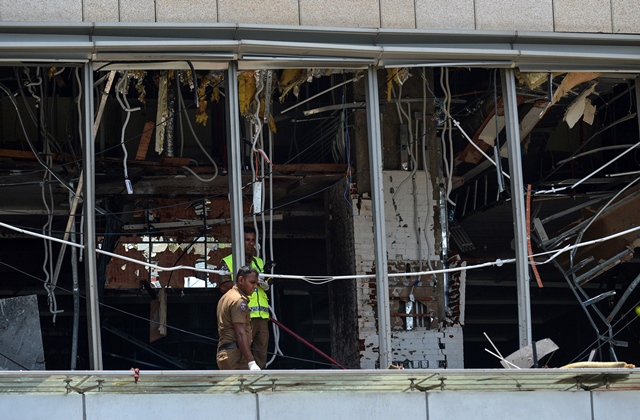
Prior warnings
Sri Lanka's police chief made a nationwide alert 10 days before Sunday's bomb attacks in the country that suicide bombers planned to hit ‘prominent churches’, according to the warning seen by AFP.
Police chief Pujuth Jayasundara sent an intelligence warning to top officers on April 11 setting out the threat.
"A foreign intelligence agency has reported that the NTJ (National Thowheeth Jama'ath) is planning to carry out suicide attacks targeting prominent churches as well as the Indian high commission in Colombo," said the alert.
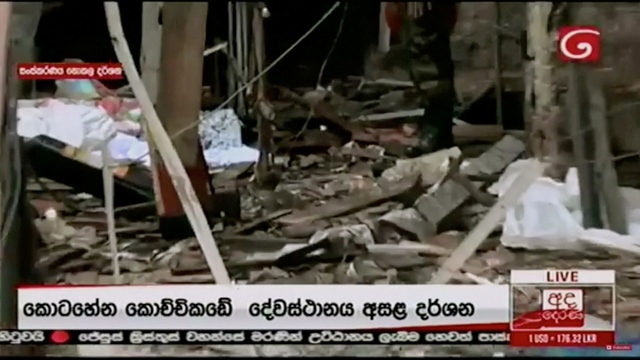
The NTJ is a radical group in Sri Lanka that came to notice last year when it was linked to the vandalization of Buddhist statues.
Previous attacks
Last year, there were 86 verified incidents of discrimination, threats and violence against Christians, according to the National Christian Evangelical Alliance of Sri Lanka (NCEASL), which represents more than 200 churches and other Christian organisations.
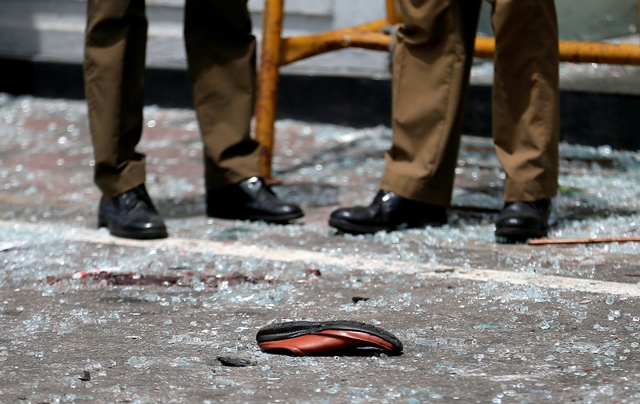
This year, the NCEASL recorded 26 such incidents, including one in which Buddhist monks allegedly attempted to disrupt a Sunday worship service, with the last one reported on March 25.
Out of Sri Lanka's total population of around 22 million, 70 per cent are Buddhist, 12.6 per cent Hindu, 9.7 per cent Muslim, and 7.6 per cent Christian, according to the country's 2012 census.
In its 2018 report on Sri Lanka's human rights, the US State Department noted that some Christian groups and churches reported they had been pressured to end worship activities after authorities classified them as "unauthorized gatherings."
The report also said Buddhist monks regularly tried to close down Christian and Muslim places of worship, citing unidentified sources.

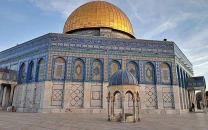




1725099588-0/BeFunky-(41)1725099588-0-208x130.webp)












COMMENTS
Comments are moderated and generally will be posted if they are on-topic and not abusive.
For more information, please see our Comments FAQ